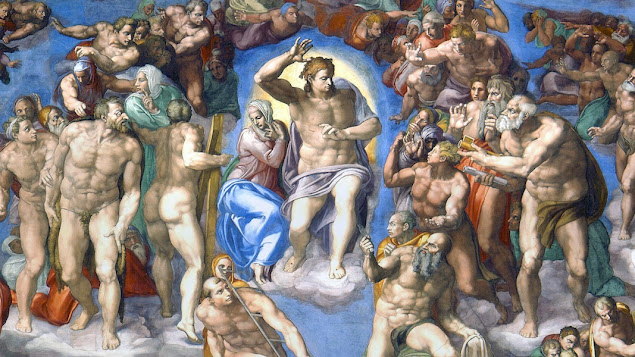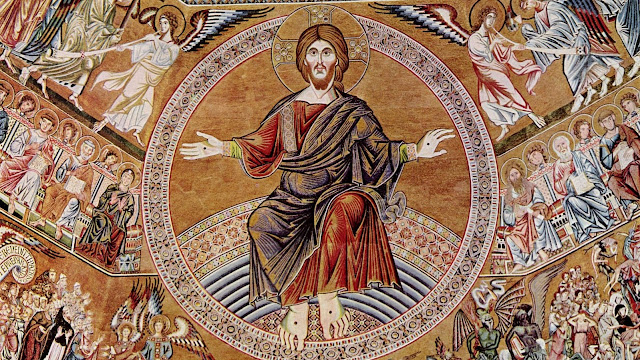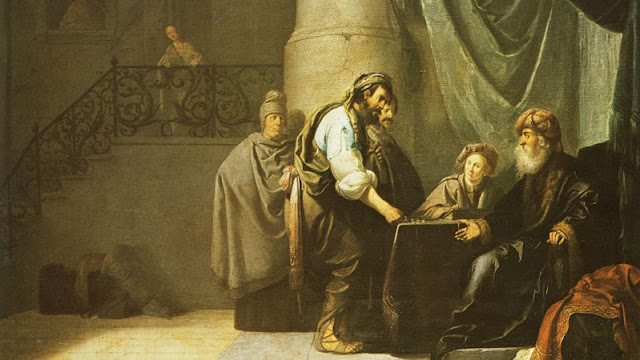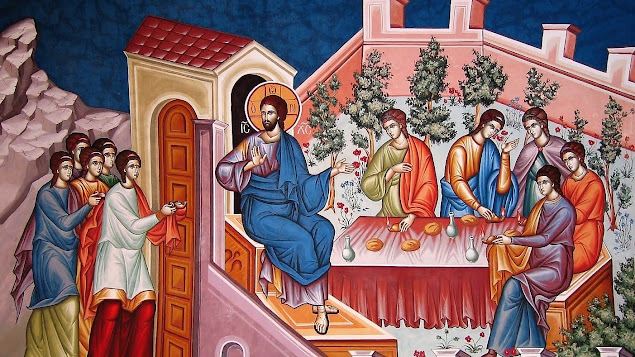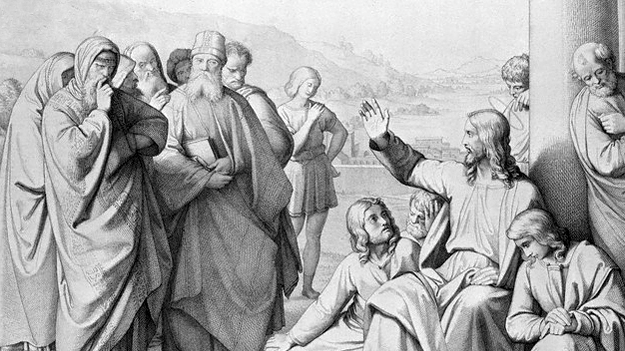Homily for the 2nd Sunday of Advent, December 10, 2023, Year B

Fr. Charles Irvin Diocese of Lansing ( Click here for Sunday’s readings ) Last Sunday we considered the broad sweep of Advent and reminded ourselves that Advent begins with us looking at the end of the world. It is right that we should be anxious and concerned about the judgment of God on the Day of Judgment. But we should not be held in the grip of fear because God’s judgment is that we are worth saving. God’s judgment comes to us in His grace and mercy, His grace and mercy given us in His Son, Jesus Christ. That theme continues this weekend. The first words in today’s first reading come from the prophet Isaiah. God tells Isaiah to comfort His people. “Speak tenderly to Jerusalem,” He tells Isaiah, and proclaim to her that her time of trial is coming to an end. “Every valley shall be filled in, every mountain and hill shall be made low; the rugged land shall be made a plain, the rough country, a broad valley. Then the glory of the Lord shall be revealed.” Advent is a t
